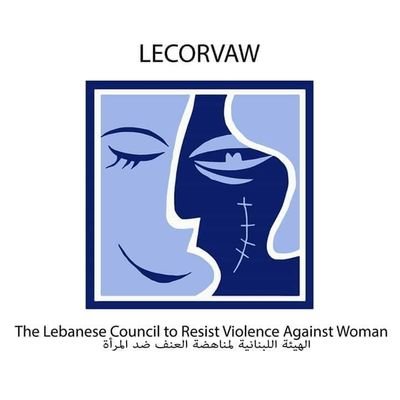The NGOisation of the feminist movement
Mid-1990s – International organisations’ efforts pushed the Lebanese government to partner with women’s organisations to facilitate the provision of social welfare services and reshape “the future of gender relations in the country.” To this end, the National Commission for Lebanese Women (NCLW) (al-Hay’a al-Wataniya li-Shou’oun al-Mar’a al-Lubnaniya) was founded in 1996 to emphasise and outline the role of women in Lebanese society. Additionally, the National Committee for the Follow Up of Women’s Issues (CFUWI) (al-Lajna al-Ahlia li-Mutaba’at Qadaya al-Mar’a) and the Lebanese Council to Resist Violence Against Women (LECORVAW) were established in 1996 and 1997, respectively.
The promise of partnership and the establishment of women’s councils prompted feminist groups to institutionalise their activities and work as non-governmental organisations (NGOs). Not only did this process of NGOisation affect the internal organisational structures of women’s organisations, but it also impacted their goals and claims. Now women’s organisation sought to fight for gender equity and against stereotypes, enhance women’s economic status, political empowerment, and participation in civil society, and to end gender-based violence. A concomitant result of this “global” trend in civil society is the continuous dependence on donor funding, and the concurrent shaping of agendas and priorities of the recipient organisations.
92_The NGOisation of the feminist movement_NCLW_إنشاء هيئة وطنية لشؤون المرأة اللبنانية_PDF


